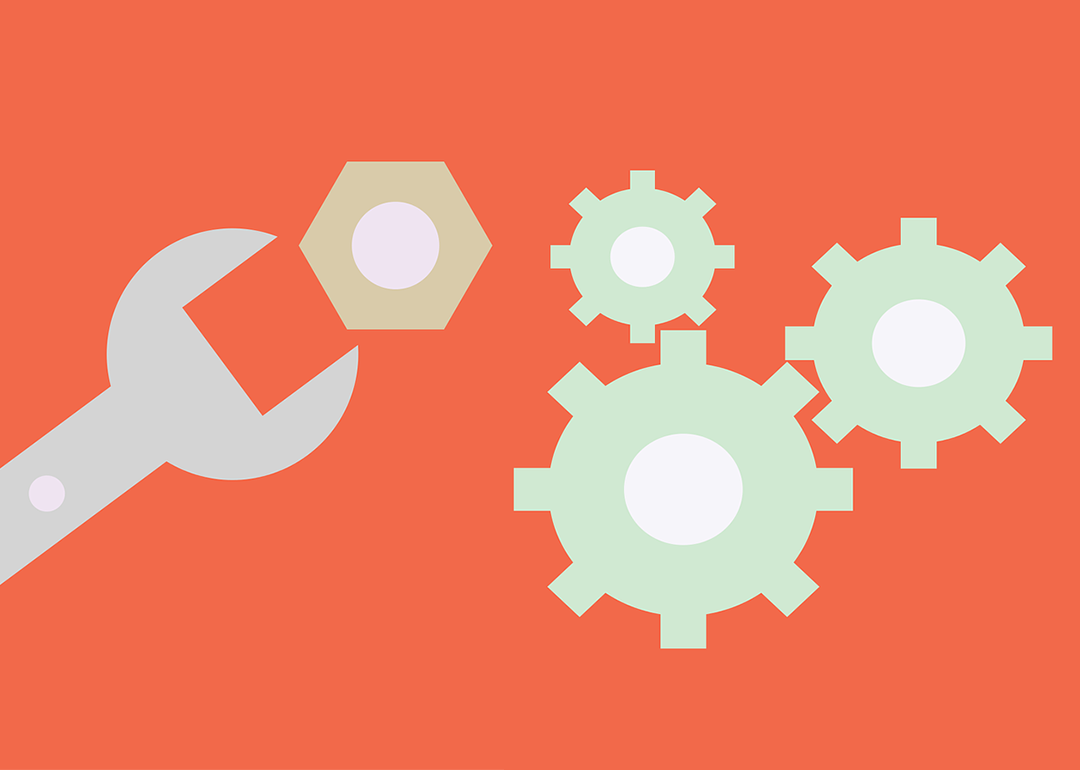
This is the central point where teachers can find resources to help select the best workshops that ignite scientific curiosity in their students.
Laser Mazes
We’ll shed some light on the electromagnetic spectrum through demonstrations of total internal refraction, fiber optics, prisms, UV, and fluorescence! Students will use mirrors and lasers to problem-solve their way through a team challenge.
Grades: 4–8
Length: 45 minutes
Capacity: 30 persons
Cost:
In-Person: $100
We’ll shed some light on the electromagnetic spectrum through demonstrations of total internal refraction, fiber optics, prisms, UV, and fluorescence! Students will use mirrors and lasers to problem-solve their way through a team challenge.
Marsh Monsters
Learn about the tiny creatures that make up the amazing diversity of life in a wetland. Students will take samples of water collected from Wascana Marsh and use a stereoscope to investigate both the living and non-living properties they find, the role they play in the ecosystem, and how to support them amidst climate change.
Learn about the tiny creatures that make up the amazing diversity of life in a wetland. Students will take samples of water collected from Wascana Marsh and use a stereoscope to investigate both the living and non-living properties they find, the role they play in the ecosystem, and how to support them amidst climate change.
Dates: Only available during April–June and when weather allows.
Grades: 4–8
Length: 45 minutes
Capacity: 30 persons
Cost:
In-Person: $100
Curricular Connections:
Science 4: Habitats and Communities
HC4.1: Investigate the interdependence of plants and animals, including humans, within habitats and communities.
Science 4: Habitats and Communities
HC4.2: Analyze the structures and behaviours of plants and animals that enable them to exist in various habitats.
Science 4: Habitats and Communities
HC4.3: Assess the effects of natural and human activities on habitats and communities and propose actions to maintain or restore habitats.
Science 6: Diversity of Living Things
DL6.1: Recognize, describe, and appreciate the diversity of living things in local and other ecosystems, and explore related careers.
Science 6: Diversity of Living Things
DL6.2: Examine how humans organize understanding of the diversity of living things.
Science 6: Diversity of Living Things
DL6.3: Analyze the characteristics and behaviours of vertebrates (i.e., mammals, birds, reptiles, amphibians, and fish) and invertebrates.
Nature and the Builder
Design, build, and test a dwelling that can withstand dramatic and extreme climates. Learn the use and importance of materials and how to be resourceful when these supplies are limited. This hands-on workshop has students teaming up to discover their own solutions to building challenges.
Design, build, and test a dwelling that can withstand dramatic and extreme climates. Learn the use and importance of different materials and sustainable designs, how to be resourceful when supplies are limited, and how nature itself provides inspiration for sustainable structures. This hands-on workshop has students team up to discover their own solutions to building challenges, with a bonus for thinking green.
Grades: 3–5
Length: 45 minutes
Capacity: 30 persons
Cost:
In-Person: $100
Curricular Connections:
Science 3: Structures and Materials
SM3.1: Investigate the properties of materials and methods of joinery used in structures.
SM3.2: Assess the function and characteristics of strong, stable, and balanced natural and human-built structures.
Science 5: Properties and Changes of Materials
MC5.1: Investigate the characteristics and physical properties of materials in solid, liquid, and gaseous states of matter.
Mind on Matter
In this workshop, students will perform hands-on experiments to explore the state of matter. This introduction to chemistry will be one to remember!
Students work in teams as chemists-in-training through a series of hands-on, guided experiments and demonstrations. This workshop is a fun and colourful exploration of the three states of matter! Get ready to do the “Matter Dance”!
Grades: Pre-K–2
Length: 45 minutes
Capacity: 30 persons
Cost:
In-Person: $100
Curricular Connections:
Science K: Materials and Objects
MOK.1: Investigate the observable characteristics of familiar objects and materials in their environment.
Science 1: Using our Senses
SE1.1: Investigate characteristics of the five traditional external senses (i.e., sight, sound, smell, touch, and taste) in humans and animals.
Science 1: Using Objects and Materials
OM1.2: Examine methods of altering and combining materials to create objects that meet student- and/or teacher-specified criteria.
Science 2: Liquids and Solids
LS2.1: Investigate the properties (e.g., colour, taste, smell, shape, and texture) of familiar liquids and solids.
LS2.1: Investigate interactions between liquids and solids and technologies based on those interactions.
Simple Machines
Let’s talk simple machines! In this workshop, students will learn how simple machines manipulate forces and allow humans to do awesome things.
Dive into simple machines! They may be ‘simple’, but these machines really keep our world moving! Students will use teamwork and innovation to manipulate forces and solve a not-so-simple challenge.
Grades: 4–6
Time: 45 minutes
Capacity: 30 persons
Cost:
In-Person: $100
Curricular Connections:
Science 5: Properties and Changes of Materials
MC5.1: Investigate the characteristics and physical properties of materials in solid, liquid, and gaseous states of matter.
Science 5: Forces and Simple Machines
FM5.2: Investigate the characteristics of simple machines, including levers, wheels and axles, pulleys, inclined planes, screws, and wedges, for moving and lifting loads.
Science 6: Principles of Flight
FL6.2: Investigate how the forces of thrust, drag, lift, and gravity act on living things and constructed devices that fly through the air.





